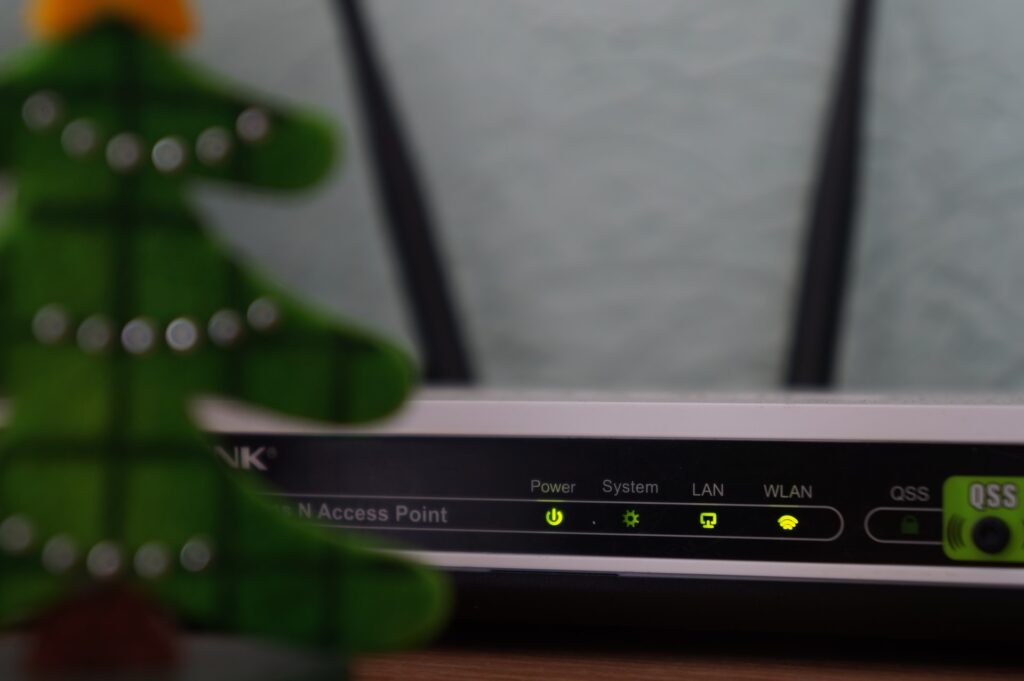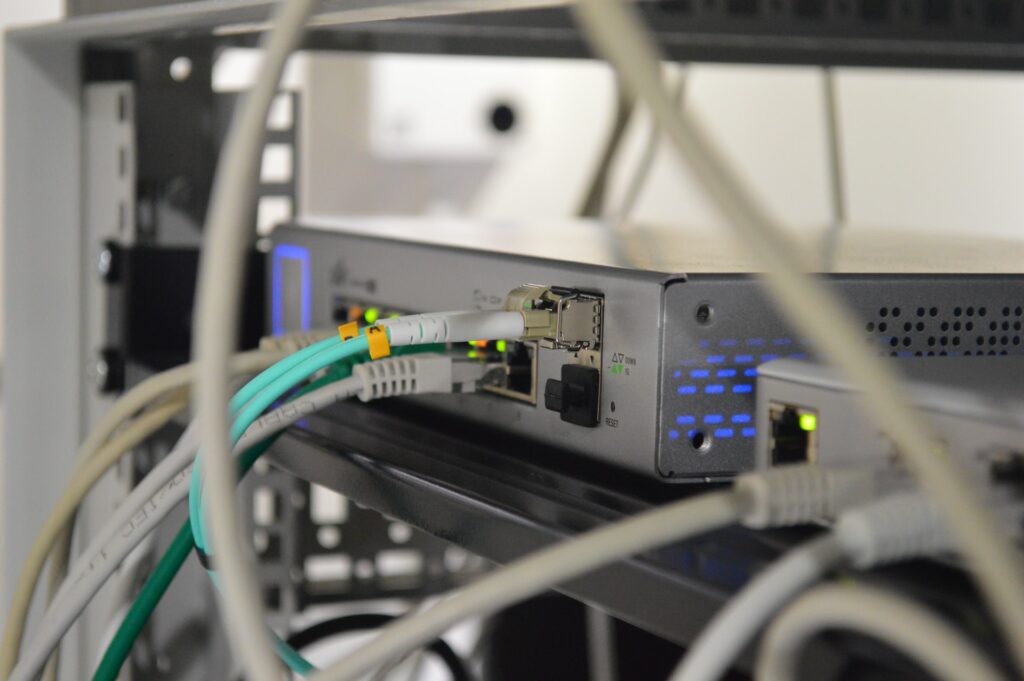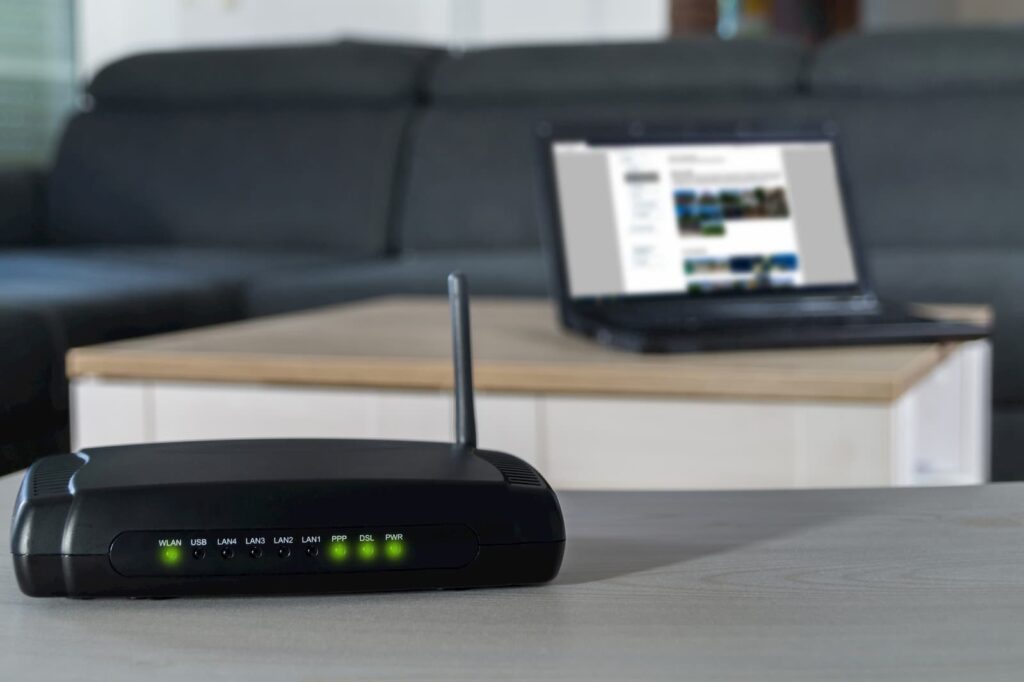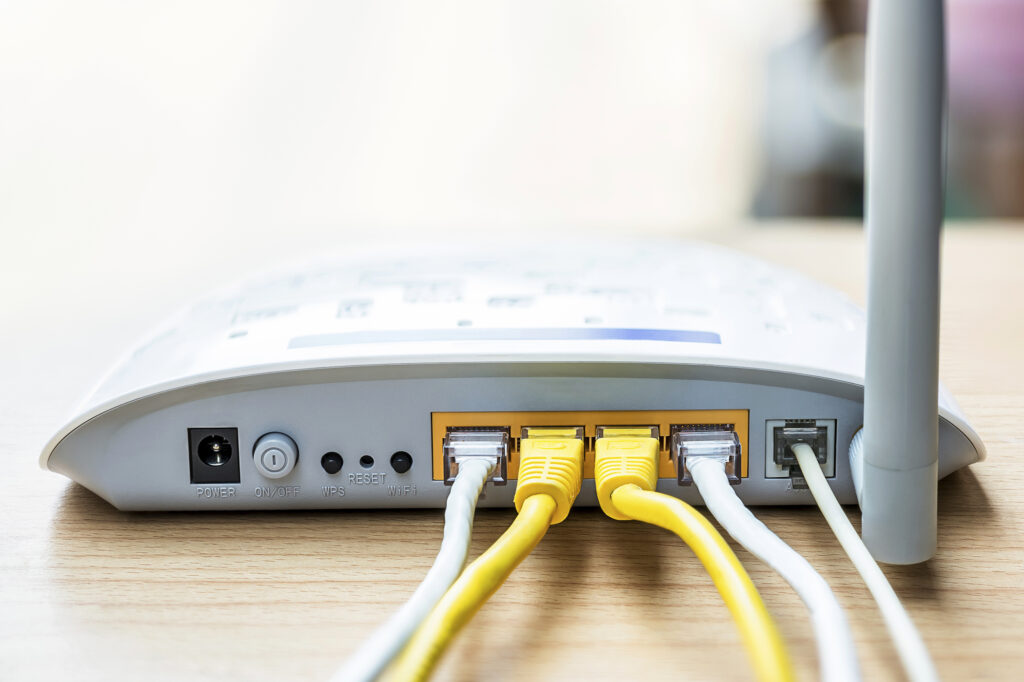Everyone wants access to the fastest internet in this rapidly progressing era. Why? Because high-speed internet dramatically reduces wait times and enables users to wind up multiple tasks in a go. The moment you get your hands on a blazing-fast internet connection, you’re set for life. You can look up any sort of information online, stream your favorite types of entertainment, control your smart home automation remotely, hop on video conference calls, pay your bills, shop weekly groceries, play video games with your teammates from around the world, take lectures and classes on Zoom, and do so much more. If your internet service is fast, it can handle all these activities seamlessly. Click here to explore the top-speed plans for home internet users, in this regard.
Subscribing to a high-speed internet plan is not enough. You need the right equipment to distribute and enjoy high-speed connectivity across your home. Generally, internet hardware is comprised of modems, routers, or modem-router combos, and the necessary cables that neatly link everything together.
Modems and routers are mostly handed out by internet providers to their customers at the time of subscription, but you do have the option to use your own network hardware as well. While you may know of an internet modem as a device that receives bandwidth from your ISP and sends it forward, what about a router, then? What does this device do and what impact does it have on internet speed, if any? Let’s find out below.
What is the Role of a Router in a Home Network?

A router is an essential component of an in-home network. Primarily, it converts wired speeds into wireless Wi-Fi, and then, diffuses the signals throughout the household, so Wi-Fi-enabled devices can find the access point and connect to it to soar the waves of the World Wide Web. Not only that, it directs and controls the internet traffic in the vicinity, acting as a bridge between data-hungry devices and web servers.
Thus, without this intermediary device, you cannot use the internet on your smartphone, smart TV, laptop, PC, or tablet from any corner of the house. You’ll have to rely on a direct Ethernet cable connection to the modem to continue your online activities. Therefore, a router plays a quintessential role in the overall flow of your in-home network.
How to Check the Speed Throughput of a Router?

As mentioned above, a router translates and transforms wired internet signals into fast and reliable Wi-Fi that works over radiofrequency waves. This means that a router does not act on its own. It is not a solitary agent. Rather, a router depends heavily on the internet modem, from where it receives internet data and speed specifications.
Wondering how much internet speed reaches you through the router? Here is how you can check and compare the level of speed you’ve subscribed to and the rate of speed your router distributes in the form of wireless signals:
- Disable Wi-Fi on all other devices in your home.
- Take an Ethernet cable.
- Plug one end of it into the back of your PC or laptop and the other end into the router’s port panel.
- Open a web browser and take a speed test. Multiple sites like Fast.com or Speed Test by Ookla will give you free tools for this purpose.
- Record the results.
- Now, unplug the Ethernet cable from the router.
- Instead, plug it into the modem. Your PC or laptop and modem will be connected.
- Open the web browser and run the speed test again.
- Check the results.
- Compare the speed rate on the modem with the previous one on the router.
If the download and upload speeds show up to be faster on your modem, and slower on your router, then, your router is to blame for the speed slowdown. We’ll discuss more in the following sections.
On the other hand, if the download and upload speeds are higher on the router and lagging on the modem, then there may be a problem with your internet connection from the back-end, or your ISP may be throttling bandwidth due to caps or your modem may be malfunctioning, etc. In that case, contact your ISP for a quick resolution.
Can an Old Router Slow Down Your Internet Speed?

An old and outdated router may choke your wireless speeds for several reasons. During peak usage hours, your five-year-old router may be overburdened by the hundreds of connection requests and the onslaught of traffic. Consequently, it may bottleneck your connection and deliver crawling Wi-Fi signals that lead to constant buffering.
Here’s another scenario: Your Wi-Fi router may not be compatible with the speed tier you’ve subscribed to in the first place, because of which, it can’t distribute the higher level speeds efficiently. Suppose the wireless standard on your router is Wi-Fi 4 or 802.11n, which handles a maximum speed of up to 450 Mbps on a single 2.4 GHz band. While the speed tier you’ve signed up for with your ISP is 1 Gig. Then, there is hardly a chance that you’ll receive the 1000 Mbps speeds since your router is only capable of distributing half of that speed rate.
Can a New Router Improve Your Internet Speed?

A new router can significantly improve your Wi-Fi performance. Equipped with the latest wireless standard and firmware, a new router may not be overwhelmed by network traffic as easily as an old router, thereby, making sure that the speed and stability of network traffic remain constant, rush hour or not.
Similarly, a new router with Wi-Fi 6 may deliver the true potential of 1 Gig speeds, which you won’t find in previous generations. However, if your speed tier is not 1 Gig, then you don’t need to invest in a new Wi-Fi 6 router. Still, the shelf life of a router is three years, so experts recommend replacing this hardware after that duration for a faster throughput and signal circulation.
The Final Verdict
Indeed, a router is the heart of an in-home network, since it circulates internet signals wirelessly throughout your household. An old router that’s bogged down may slow down the dispersion of Wi-Fi signals, whereas new hardware may bypass the bottleneck and maintain high-speed data distribution evenly across your home.
The important point to keep in mind is that a router can have an impact on the status of Wi-Fi, but it cannot change the speed of your internet plan, which you have subscribed to from your ISP. In other words, a router can speed up Wi-Fi but it cannot speed up your internet plan. Nevertheless, routers are certainly important for enjoying better internet speeds, so upgrade them every few years for a satisfying web experience.








